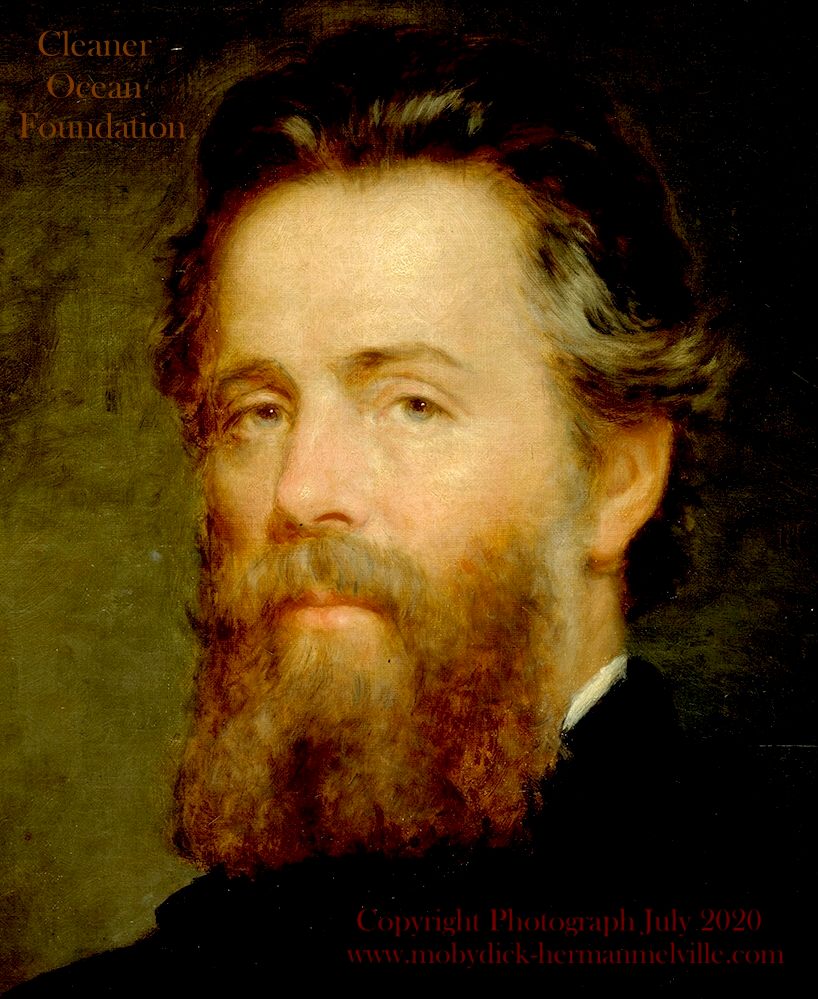
Herman
Melville was the author of a novel abut what we'd now consider an illegal
activity;
the commercial hunting of whales for oil and meat. In capturing the
whaling industry at its peak, showcasing the rebellious white whale, in
our view he was lobbying for the whales, the innocent victims in his
story. Following his death in New York City in 1891, he posthumously came to be regarded as one of the great American
writers, with which we agree absolutely.
BARTLEBY
THE SCRIVENER
"Bartleby, the Scrivener: A Story of Wall Street" is a short story by the American writer Herman Melville, first serialized anonymously in two parts in the November and December 1853 issues of Putnam's Magazine, and reprinted with minor textual alterations in his The Piazza Tales in 1856. In the story, a Wall Street lawyer hires a new clerk who, after an initial bout of hard work, refuses to make copies or do any other task required of him, with the words "I would prefer not to."
Numerous critical essays have been published about the story, which scholar Robert Milder describes as "unquestionably the masterpiece of the short fiction" in the Melville canon.
Melville may have written the story as an emotional response to the bad reviews garnered by Pierre, his preceding novel. Christopher Sten suggests that Melville found inspiration in Ralph Waldo Emerson's essays, particularly "The Transcendentalist" which shows parallels to "Bartleby".
Inspiration, in part, may have come from an advertisement for a new book, The Lawyer's Story, printed in both the Tribune and the Times on February 18, 1853. The book was published anonymously later that year but in fact was written by popular novelist James A. Maitland. This advertisement included the complete first chapter, which had the following opening sentence:
"In the summer of 1843, having an extraordinary quantity of deeds to copy, I engaged, temporarily, an extra copying clerk, who interested me considerably, in consequence of his modest, quiet, gentlemanly demeanor, and his intense application to his duties."
Melville biographer Hershel Parker points out that nothing else in the chapter besides this "remarkably evocative sentence" was "notable." Critic Andrew Knighton notes the debt of the story to an obscure work from 1846, Robert Grant White's Law and Laziness: or, Students at Law of Leisure. This source contains one scene and many characters—including an idle scrivener—that appear to have influenced Melville's narrative.
THE PLOT
The narrator is an elderly, unnamed Manhattan lawyer with a comfortable business in legal documents. He already employs two scriveners, Nippers and Turkey, to copy legal documents by hand, but an increase in business leads him to advertise for a third. He hires the forlorn-looking Bartleby in the hope that his calmness will soothe the irascible temperaments of the other two. An office boy nicknamed Ginger Nut completes the staff.
At first, Bartleby produces a large volume of high-quality work, but one day, when asked to help proofread a document, Bartleby answers with what soon becomes his perpetual response to every request: "I would prefer not to." To the dismay of the narrator and the irritation of the other employees, Bartleby performs fewer and fewer tasks and eventually none, instead spending long periods of time staring out one of the office's windows at a brick wall. The narrator makes several futile attempts to reason with Bartleby and to learn something about him; when the narrator stops by the office one Sunday morning, he discovers that Bartleby has started living there.
Tension builds as business associates wonder why Bartleby is always there. Sensing the threat to his reputation but emotionally unable to evict Bartleby, the narrator moves his business out. Soon the new tenants come to ask for help in removing Bartleby, who now sits on the stairs all day and sleeps in the building's doorway at night.
The narrator visits Bartleby and attempts to reason with him; to his own surprise, he invites Bartleby to live with him, but Bartleby declines the offer. Later the narrator returns to find that Bartleby has been forcibly removed and imprisoned in the Tombs. Finding Bartleby glummer than usual during a visit, the narrator bribes a turnkey to make sure he gets enough food. When the narrator returns a few days later to check on Bartleby, he discovers that he died of starvation, having preferred not to eat.
Sometime afterwards, the narrator hears a rumor that Bartleby had worked in a dead-letter office and reflects that dead letters would have made anyone of Bartleby's temperament sink into an even darker gloom. The story closes with the narrator's resigned and pained sigh, "Ah Bartleby! Ah humanity!"
RECEPTION
Though no great success at the time of publication, "Bartleby the Scrivener" is now among the most noted of American short stories. It has been considered a precursor of absurdist literature, touching on several of Franz Kafka's themes in such works as "A Hunger Artist" and The Trial. There is nothing to indicate that the Bohemian writer was at all acquainted with the work of Melville, who remained largely forgotten until some time after Kafka's death.
Albert Camus, in a personal letter to Liselotte Dieckmann published in The French Review in 1998, cites Melville as a key influence.


MOBY
DICK - IS OUR FAVOURITE
Herman
Melville's Moby
Dick, is the story of a great white sperm whale that fought back at
whalers who tried to kill him. The idea came to Herman Melville after
he spent time on a commercial whaler, where stories abounded of the
sinking of the Essex in 1821 and Mocha
Dick, a giant sperm whale that sank around 20 ships, before being
harpooned in 1838.
HERMAN'S
SHORT STORIES
Bartleby, the Scrivener
Benito Cereno
Cock-A-Doodle-Doo!
The Encantadas
The Paradise of Bachelors and the Tartarus of Maids




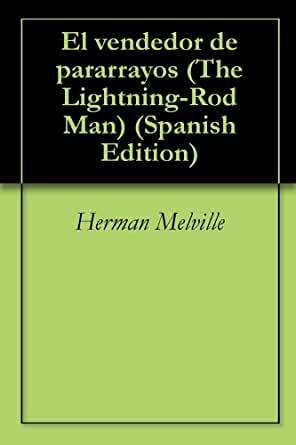

HERMAN'S BOOKS
Typee (1846)
Omoo (1847)
Mardi (1849)
Redburn (1849)
White-Jacket (1850)
Moby Dick (1851)
Pierre (1852)
Israel Potter (1855)
The Confidence-Man (1857)
Billy Budd (1924)
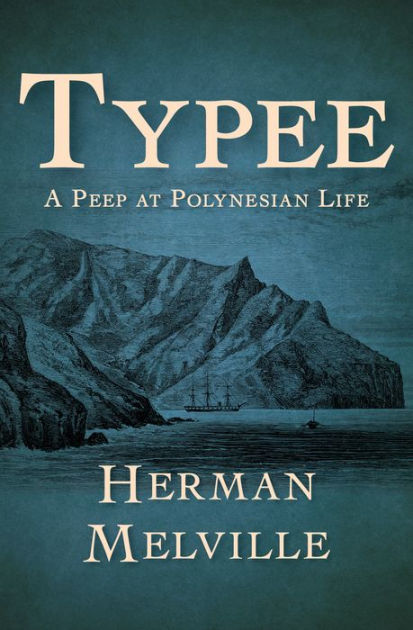
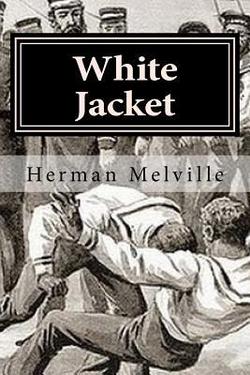
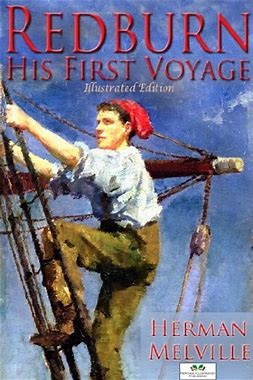
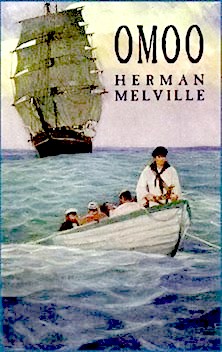
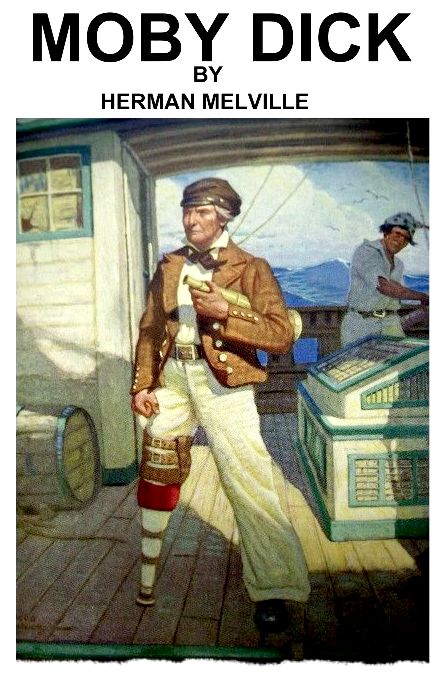
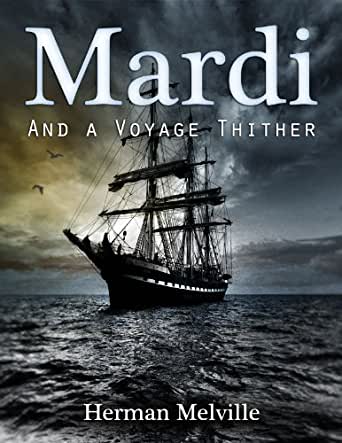
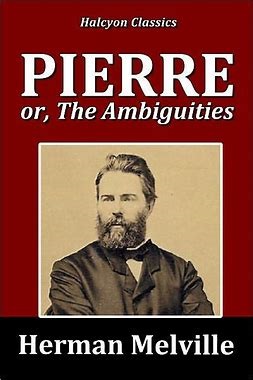
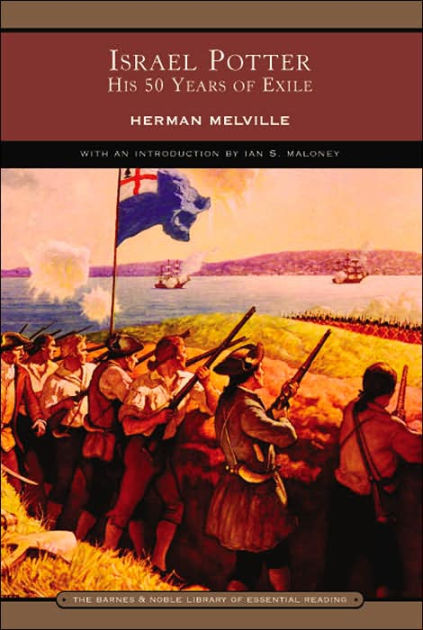
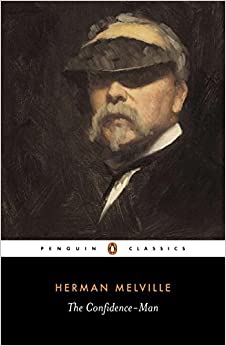
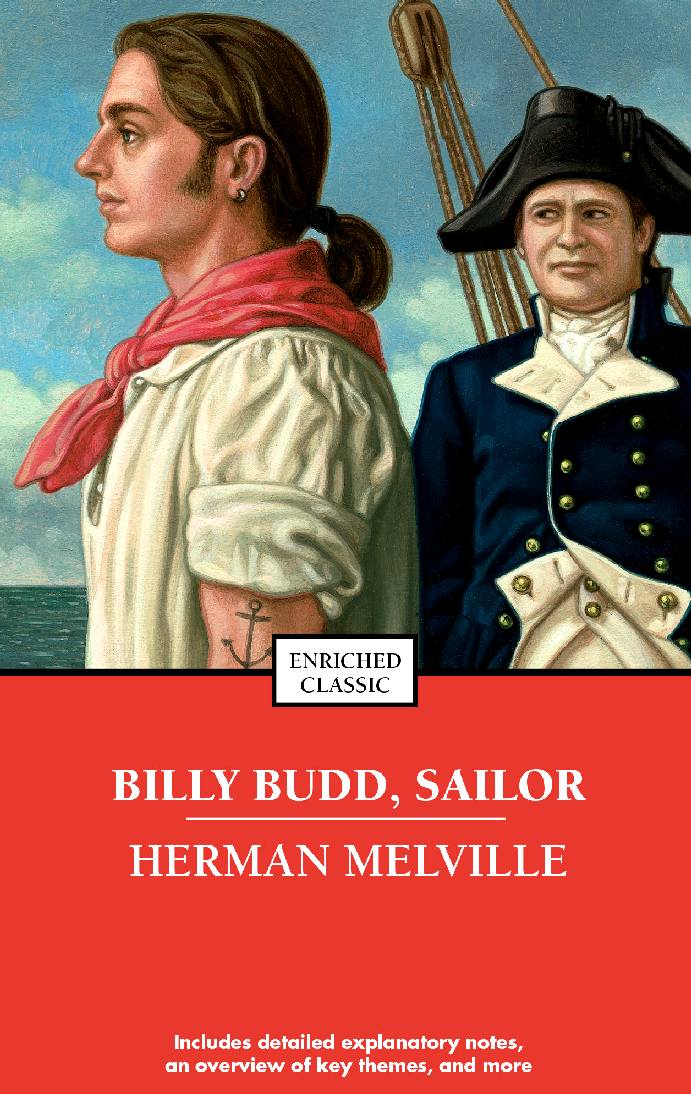
LINKS
& REFERENCE
https://melvillesociety.org/
http://melville.org/
Please use our
A-Z INDEX to
navigate this site

















